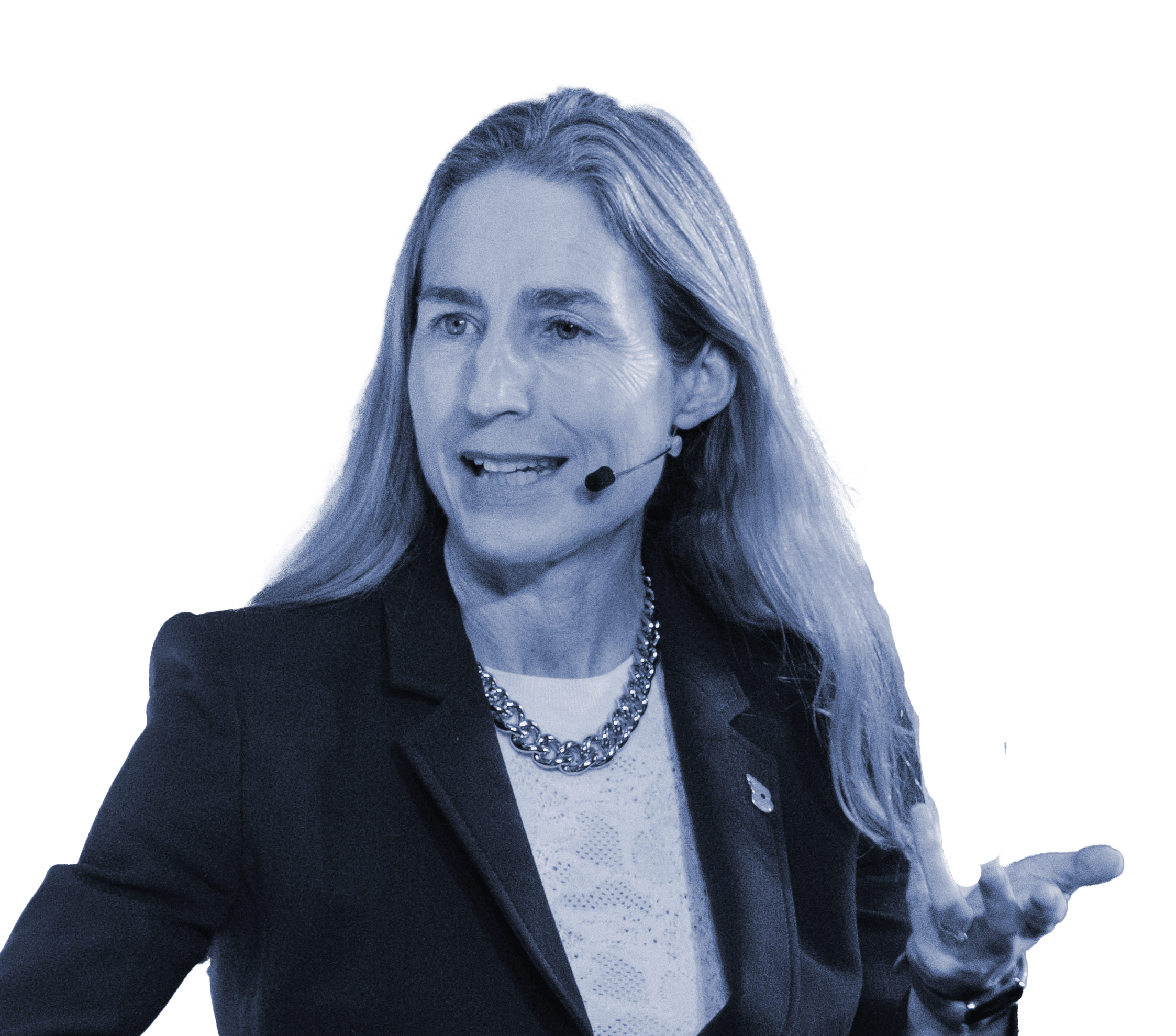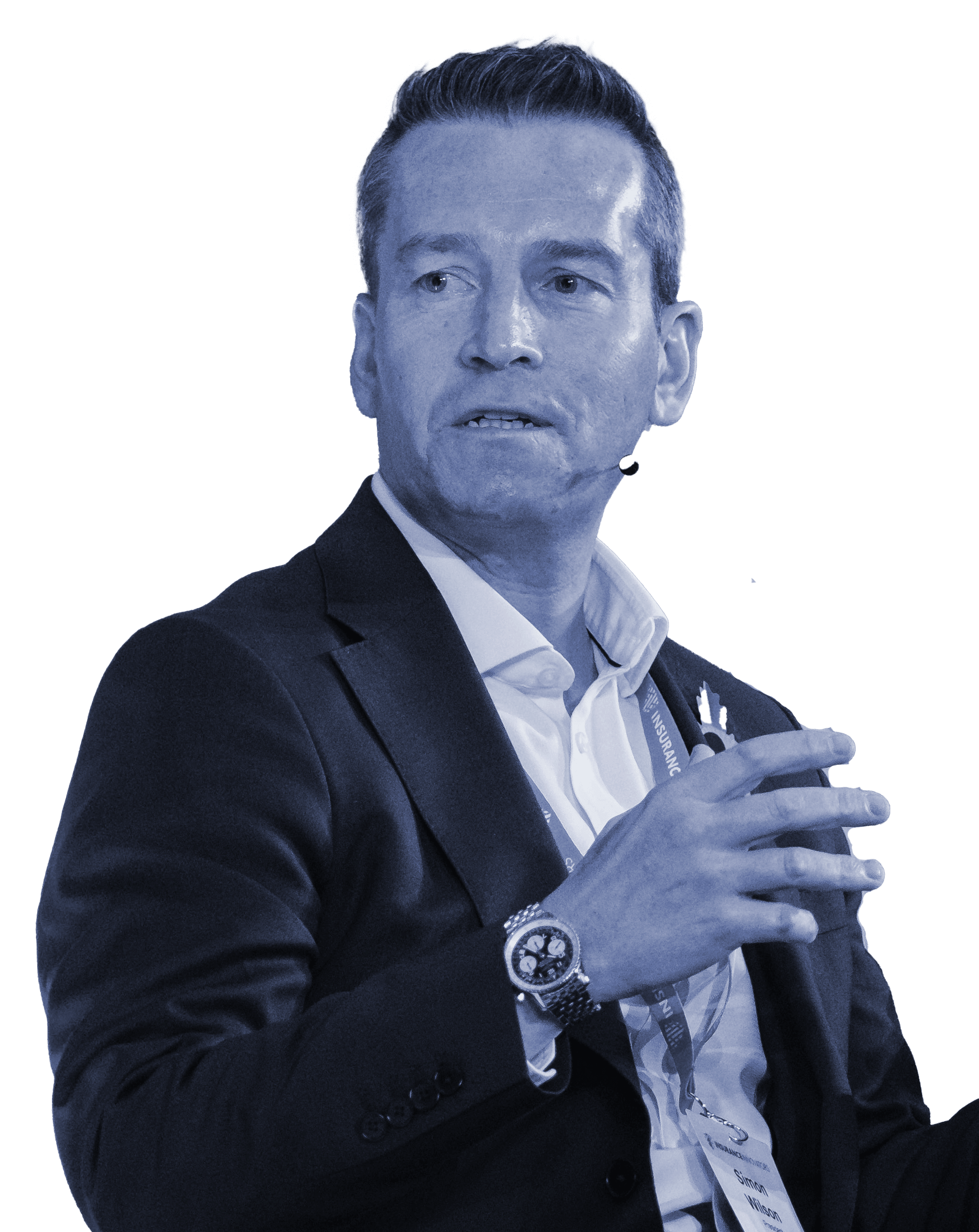INNOVATION
FOR A MORE RESILIENT
FUTURE
From geopolitical conflict to cyberthreats, from cost-of-living pressures to long-term disability trends, our world feels turbulent, difficult and uncertain. Many of these risks are amplified by disinformation and misinformation, which leads to increasingly polarised societies incapable of co-ordinating effective responses. Yet one issue is increasingly breaking free of the information wars as its risks crystallise in very real, dramatic and deadly ways that are getting harder to ignore: climate change.


For Alison Martin, CEO, EMEA & Bank Distribution at Zurich, climate is now the number one risk.
‘It’s multi-generational, highly complex, it impacts all the other risks and is impacted by them in turn,’ she said, pointing out that the world is likely to reach a climate tipping point in the next ten years and that the environmentally important 1.5oC threshold will almost certainly be breached.
‘It always surprises me that people don’t know that Europe is warming at twice the average rate and is already well past 1.5oC,’ she said. ‘We’re already at 2oC and will be at 3oC in the next decade.’
With every degree increasing the volume of precipitation in ways that are increasingly difficult for hard, dry land to absorb, more catastrophic flooding of the type experienced in central and eastern Europe and most recently in Spain will be guaranteed.

As insurers we have to help build resilience for our customers, and we have to able to insure as many as we can. We cannot stop nature from happening but we can reduce the impact when it does.
ALISON MARTIN
CEO, EMEA & BANK DISTRIBUTION,ZURICH

She said digital technology and Big Data have the potential to play a ‘tremendous role’ in helping the industry better serve a climate-stressed customer base.
‘In claims, for example, rather than making people wait for a payment while we send out assessors and gather information, we can use Big Data to see there’s been a tragic flood event and just send the money straight away.’
Here's our full interview with Alison Martin, CEO, EMEA & Bank Distribution, Zurich at Insurance Innovators Summit
Given this is arguably the biggest challenge facing humanity, there’s a clear case for insurers to take a more proactive role, not only engaging with other stakeholders to find solutions but also leading from the front.
‘Pragmatically, we need to do things,’ said Jason Storah, CEO, UK & Ireland General Insurance, at Aviva, which is investing in nature-based solutions to mitigate flood risk.
‘We’ve invested £21 million restoring salt marshes to protect 90,000 homes, and that’s more than £2 billion of assets,’ he said.
He pointed out that insurers, with their vast repositories of data and trends analysis, need to have a seat at the table alongside government, local authorities and developers to ensure new homes and infrastructure are resilient in a warming flood-prone world.
‘We need this holistic approach because in the last ten years, the UK has built one in thirteen homes in high-risk flood areas and if you project that forward to the number of homes to be built in the future that does not feel like a recipe for success,’ he said.
Innovation doesn’t have to involve data and technology; sometimes it means thinking differently to create value and find solutions.
The energy transition will require a major build out of battery capacity to store electricity from intermittent renewables – from 200 GW to 1 TW in the coming decade - yet many projects are hamstrung by funding issues related to fluctuations in pricing. This is a problem which Markel International is determined to solve.



We listened to the pain points facing many developers of battery sites and as a result we’re working on a revenue protection product that insures against the floor price of electricity stored in that battery.
SIMON WILSON
PRESIDENT,MARKEL INTERNATIONAL
This type of product innovation not only carves out new revenue opportunities but helps build resilience into the electricity grid as it readies for a net zero future.
A more sustainable, resilient future starts with innovation – and the view from the top is that insurers are ready to play their part.
Stay current with Insurance Innovators
Subscribe to our newsletter to receive news, insights and special offers.


